Yesterday (March 12), international media reported that US President Joe Biden proposed a record defense budget of up to 895.2 billion USD for fiscal year 2025. The important factor in proposing this level is to strengthen the ability to deter China in the Indo- Pacific .
The race is intense
Also related to dealing with China in the Indo-Pacific, the US Senate last weekend approved a $7.2 billion Compact of Free Association (COFA) between the US and Micronesia, Palau, and the Marshall Islands. The COFA allows the US to have the privilege of denying outside access to the airspace, sea, and land of the three countries. In return, the three island nations will receive financial aid from the US. The COFA has been in effect for many years and will gradually expire from 2023.
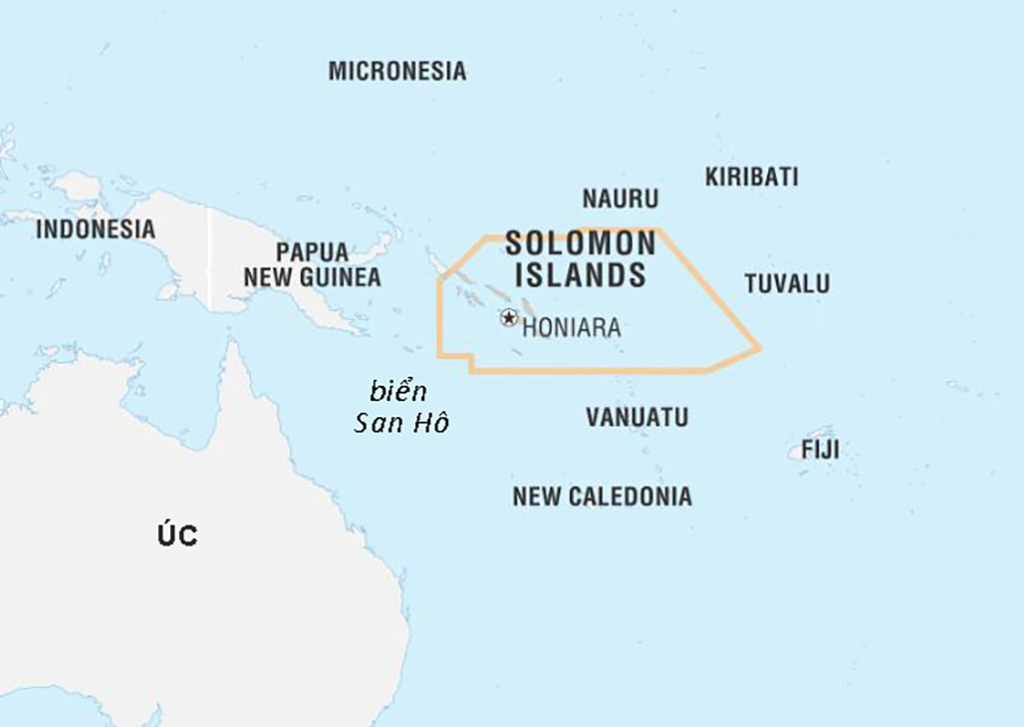
The South Pacific islands are important
This is considered a drastic move by Washington in the context of Beijing's continuous promotion of cooperation with Pacific island nations in recent years through huge aid such as investment in infrastructure, seaports, etc. According to international experts, if China successfully establishes a naval base in the South Pacific, it will be easy for China to deploy warships to approach Hawaii, the west coast of the United States and Australia. More than a century ago, the United States and Japan also competed fiercely in the above island nations right before the outbreak of World War II.
Professor Yoichiro Sato
Responding to Thanh Nien on March 12, Professor Yoichiro Sato (international relations expert, Ritsumeikan Asia-Pacific University, Japan) analyzed: "Geopolitics on the Pacific islands is being heated up again. In the context of increasing competition between the US and China, Beijing's efforts to install military equipment on some of these islands are making Washington pay more attention to the region."
Professor Sato further analyzed that throughout the post-Cold War period, the COFA participating countries lost out to Hawaii in attracting American and Japanese tourists, so they now depend more on tourists from South Korea and China. Meanwhile, the new US fund is divided into annual disbursements and is not large compared to the economic benefits from the tourism industry of the island nations if well developed. "But the approval of the above fund is the first step to compete with China's influence in the Pacific," Professor Sato analyzed.
Some Pacific island nations such as the Solomon Islands and Kiribati have worked closely with China, he said. Most others, including those with close state ties to New Zealand, are also receiving Chinese aid. “The line between economic and military aid can be blurred, for example, China’s development of a large-scale port in Tonga for cruise ship access could easily be converted to military use if China’s influence in Tonga grows,” he said, adding that the US must quickly take effective countermeasures.
Also responding to Thanh Nien on March 12, Dr. Satoru Nagao (Hudson Research Institute, USA) pointed out 3 things from the US's approval of the above 7.1 billion USD fund.
First, the continuation of the COFA agreement indicates that the US will support allies such as Palau, the Marshall Islands, and Micronesia. The US ensures that these countries will be in the best interest of denying China access to their territorial waters. This is a positive move for countries that are on the US side in the South Pacific.
Second, the agreement shows that China's expanding influence is bringing both opportunities and challenges to Pacific island nations. Along with China's expanding influence, the South Pacific islands have ended diplomatic relations with Taiwan, such as Kiribati in 2019. Or the Solomon Islands signed a security treaty with China. Currently, both Kiribati and the Solomon Islands have Chinese police forces. It is likely that China will establish port facilities for its navy in the South Pacific in the near future. That makes the US and Australia have to increase support for the island nations. But on the contrary, this region faces the risks of becoming an "arena".
Third, the COFA agreement this time is supported by both the Republican and Democratic parties, so it will continue even if the US election changes the ruling party. This will be a long-term and stable support from the US island nations.
Source link



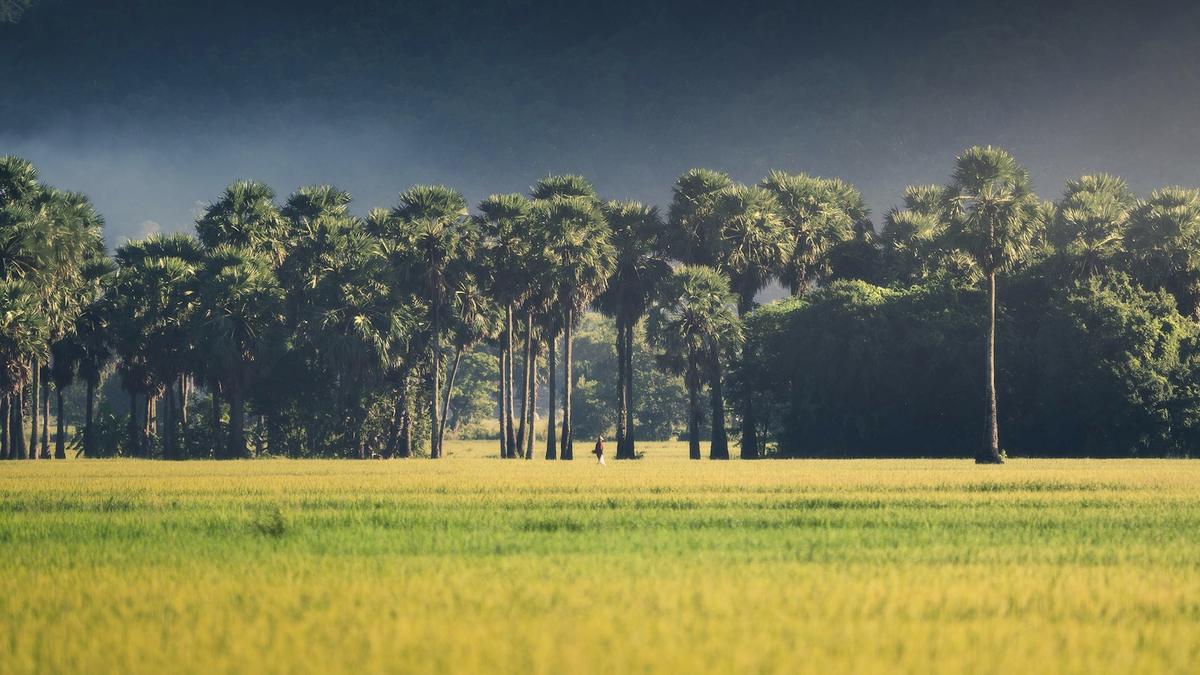
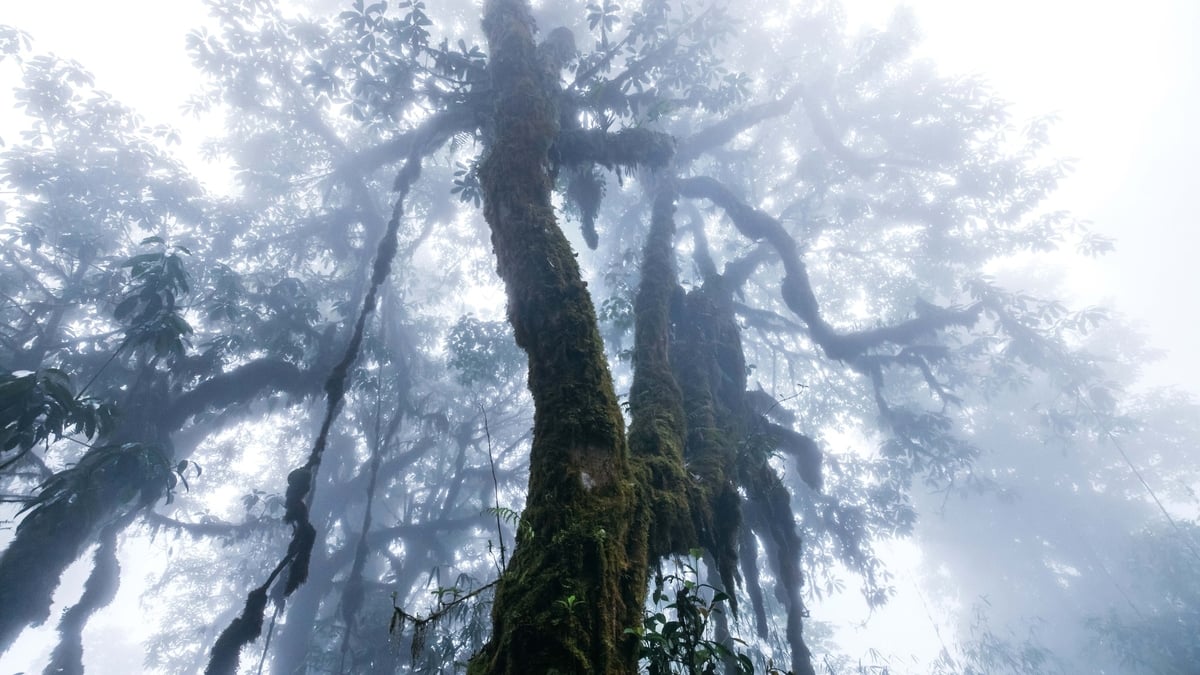



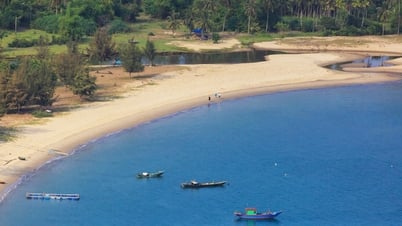






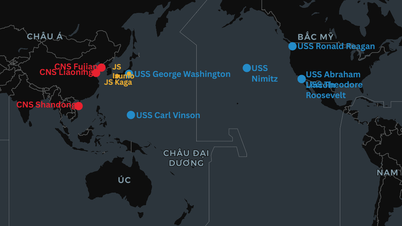

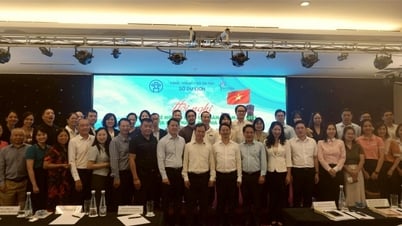

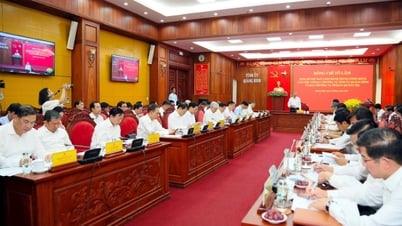
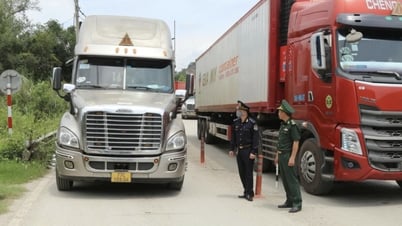
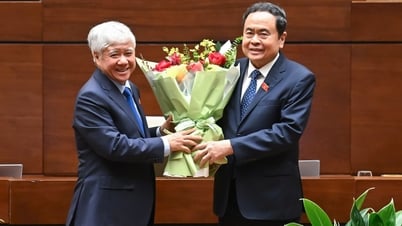

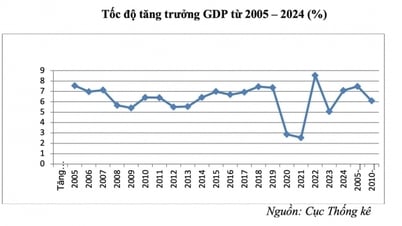




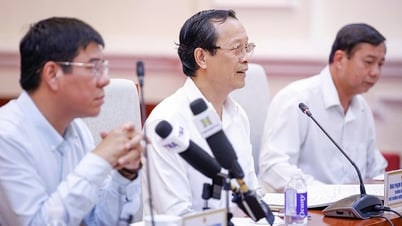
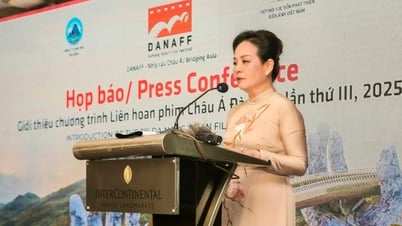



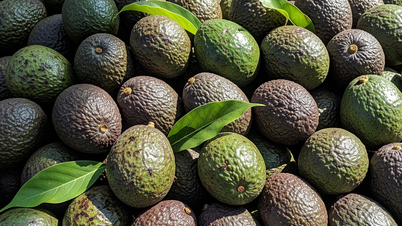
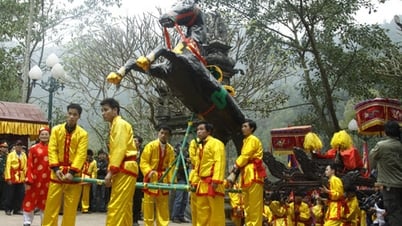





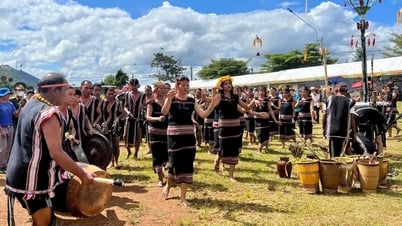








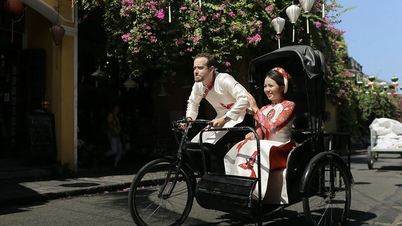














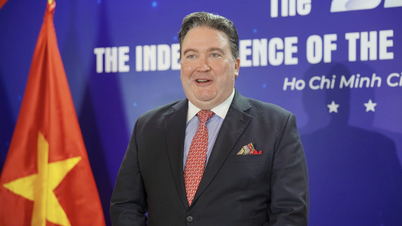

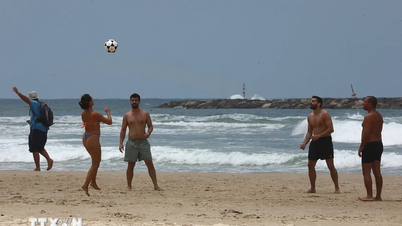









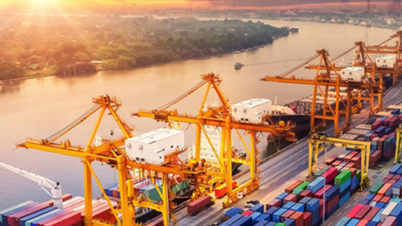
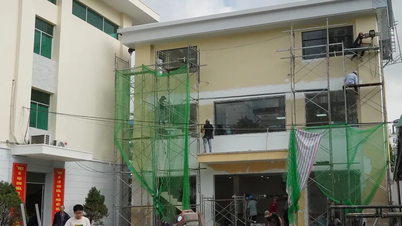



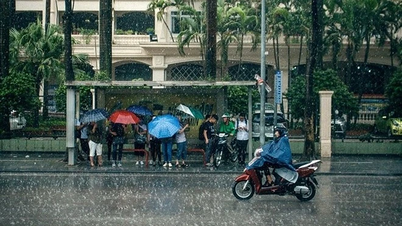

















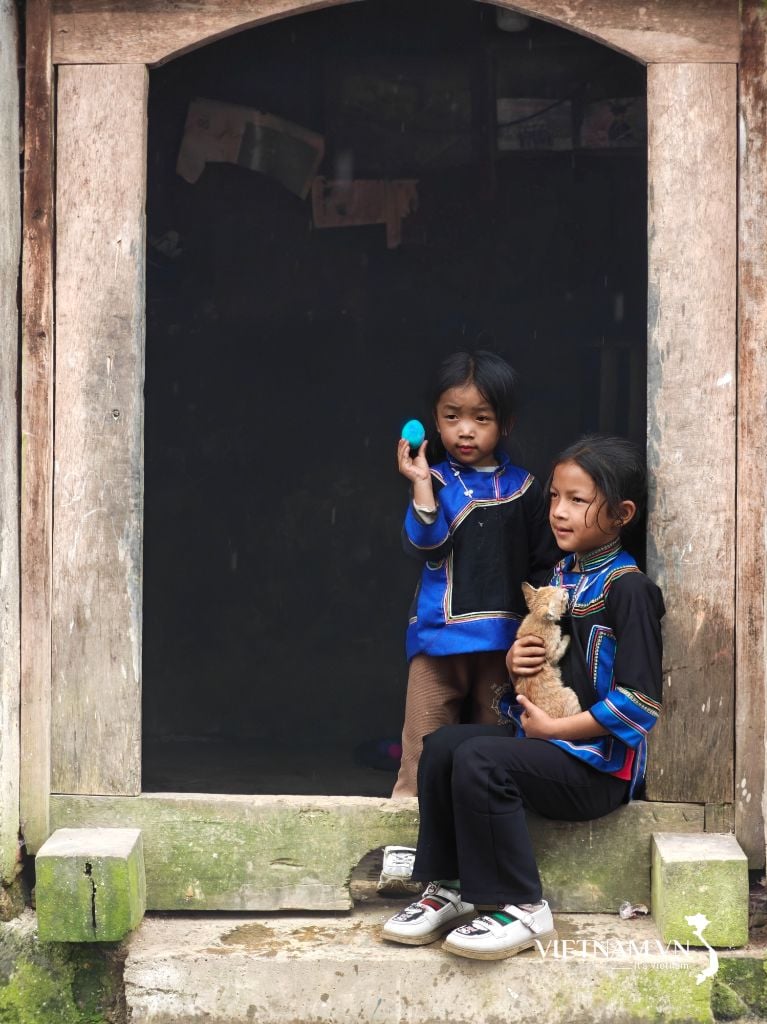

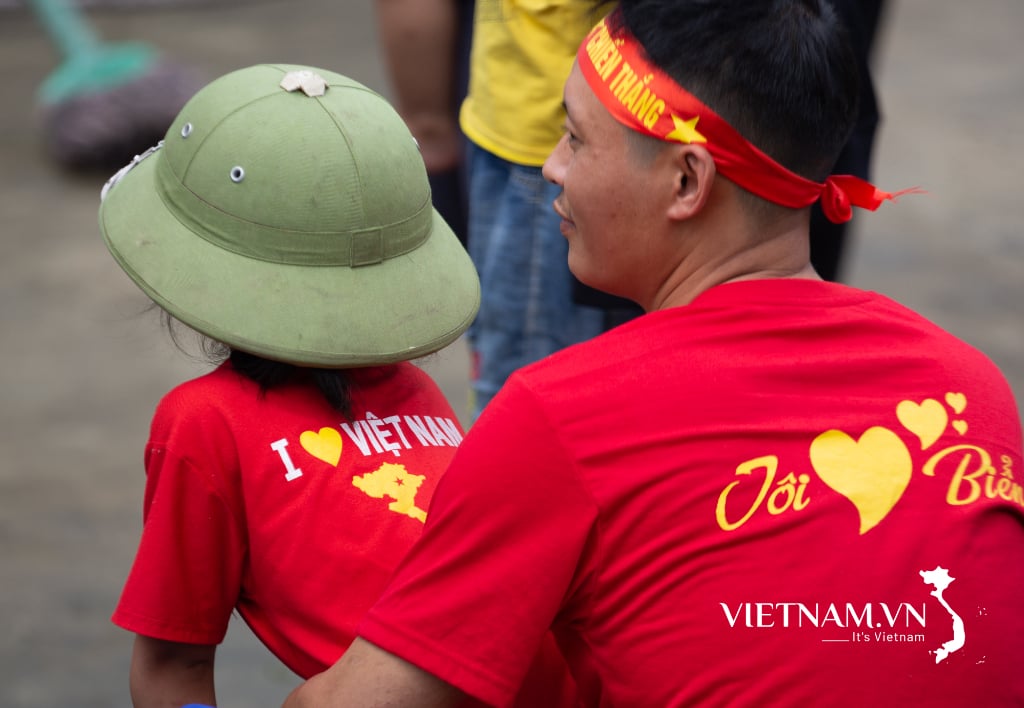

Comment (0)